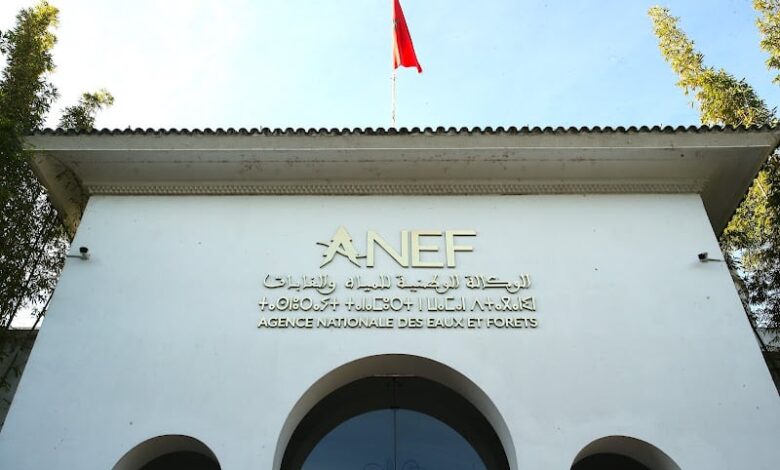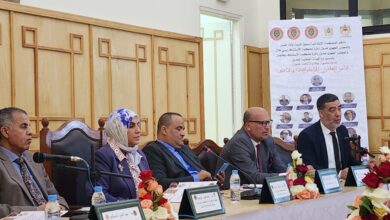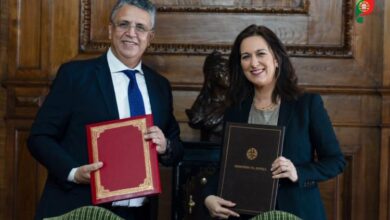COP15 Ramsar: Morocco Reaffirms Its Commitment to Wetlands and Thwarts Algeria’s Attempt to Politicize the Convention

The 15th session of the Conference of the Parties (COP15) to the Convention on Wetlands (Ramsar) took place in Victoria Falls, Zimbabwe, from July 23 to July 31, 2025. This major international event gathered representatives from over 170 contracting parties, aiming to enhance governance and protection of wetlands on a global scale.
At the conclusion of this conference, Morocco distinguished itself through active participation and notable contributions, reaffirming its ongoing commitment to the conservation of wetlands and biodiversity. Among the significant advances of this COP was the adoption of the Ramsar Strategic Plan 2025-2034, a framework aligned with the goals of the Global Biodiversity Framework. This new plan proposes an ambitious vision for the preservation and sustainable use of wetlands, which face increasing pressures such as climate change, pollution, and urbanization.
In a context where some states attempted to politicize the scientific and environmental objectives of the Convention, Morocco defended the fundamental principles of Ramsar with rigor and responsibility. The Kingdom firmly rejected a resolution introduced by Algeria that aimed to challenge its territorial integrity by suggesting the declassification of Ramsar sites located in its southern provinces, notably Oued Assaquia Al Hamra (Laâyoune), the Aftissate Coast (Boujdour), Dakhla Bay, and Sebkhat Imlili (Oued Eddahab).
Thanks to effective diplomatic mobilization and the massive support of contracting parties, this political maneuver ended in clear failure: the resolution was officially withdrawn. The international community largely supported Morocco’s stance, emphasizing the need to maintain the neutrality of the Ramsar Convention and to oppose any attempt to politicize its work. This episode bolsters the Kingdom’s credibility as a responsible and engaged actor in environmental matters.
The National Agency for Water and Forests, as the national focal point for the Convention, showcased several emblematic initiatives during this session. It leads the implementation of integrated action plans for wetlands, based on an inclusive approach involving public institutions, local authorities, researchers, civil society, local communities, and the private sector. This participatory governance aims to ensure sustainable, coherent, and collaborative management of Moroccan wetlands.
Among the strategic levers, the Morocco Forest Strategy 2020-2030, launched by His Majesty King Mohammed VI, particularly focuses on the preservation of these fragile environments as vital components of ecological regulation, climate resilience, and sustainable development.
Moreover, Morocco is continuing to strengthen its network of Ramsar sites. To date, 38 internationally significant sites mark the Kingdom’s territories, from the Strait of Gibraltar to the Saharan regions, featuring ecosystems recognized for their biological wealth and importance in international migratory routes.
In this dynamic, the city of Mehdya was officially designated as the second Ramsar City in Morocco, after Ifrane, illustrating the Kingdom’s desire to link wetland conservation issues with urban and territorial realities.
Finally, COP15 was marked by Morocco’s election to the Standing Committee of the Ramsar Convention for the 2025-2028 period, representing the North African sub-region. This appointment crowns the Kingdom’s ongoing efforts in environmental governance, international cooperation, and green diplomacy.
Through these commitments and this responsible stance, Morocco consolidates its regional leadership and confirms that the protection of wetlands is a strategic pillar of its model for sustainable development.





